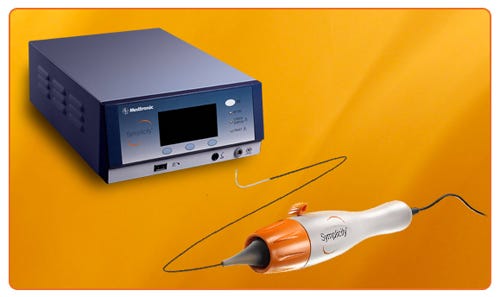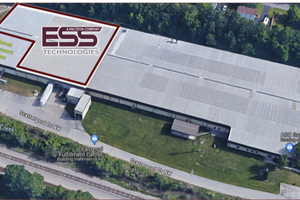3 Reasons Renal Denervation Is Not Dead Yet
February 5, 2014
Boston Scientific CEO Michael Mahoney has repeated that the medical device giant remains enthusiastic about renal denervation as a treatment for high blood pressure--even after Medtronic and Covidien decided to pull back from the space.The treatment, which involves applying radiofrequency ablation through a catheter to the renal artery that supplies the kidneys with blood, was called into question last month after Medtronic announced its Symplicity system failed on efficacy in a pivotal U.S. clinical trial.Medtronic suspended enrollment in renal denervation hypertension trials in three countries where it has been seeking regulatory approval: the United States, Japan, and India. And Covidien soon announced that it is exiting its OneShot renal denervation program, which involves technology Covidien acquired through its April 2012 acquisition of Maya Medical.Mahoney, though, told analysts during a Tuesday earnings call, transcribed by Seeking Alpha, that the situation is "potentially an opportunity" for Boston Scientific and its Vessix platform. St. Jude CEO Daniel Starks has expressed similar sentiments.
|
The Symplicity renal denervation system, as shown on Medtronic's website. |
Here's three reasons why Mahoney and Stark might be right:
Medtronic's technology was different.
"It's important to know that Vessix is a second generation balloon expandable multi-point renal denervation platform. We believe Vessix is highly differentiated from the competitor's product that recently announced missing its efficacy endpoint in the U.S. pivotal trial," Mahoney said Tuesday.Daniil Petrov, who identified himself as a product and clinical support manager for Biotronik in Russia, appeared to agree in a LinkedIn discussion on the Medical Devices: Cardiovascular group. He noted that Boston Scientific has the "only bipolar system." "I think we need to wait for their results," Petrov said.
The Medtronic study didn't study the right thing.
Symplicity was supposed the treat patients with "drug-resistant hypertension," but the whole term was a misnomer, according to Paul Stein, research director and Onciomed.Stein suspects the issue in the Symplicity trial was little difference in results between the denervation plus drugs group and the placebo plus drugs group."In that regard, the recent Medtronic FDA trial was truly poorly designed--certainly scientifically sound, but medically horrible. ... If the side effects of all drugs together make the person so sick that he or she can't function, what is the use of studying that? Because of the study design, now U.S. patients have three choices: Be fully compliant with their drugs and suffer all day every day with nausea, dizziness, whatever; don't be fully compliant with their drugs and endure the ravages of uncontrolled hypertension; or go to Europe and have a renal denervation," Stein said in the LinkedIn discussion.
Help could be on the way.
Medtech public relations authority and journalist Ronald Trahan pointed out some interesting recent news during the LinkedIn discussion: Nonprofit preclinical research institute CBSET last year unveiled an experimental computational methodology for understanding and prediction lesion geometry following radiofrequency renal denervation treatment to lower hypertension. "We expect that our research will have a significant effect on the development of devices that will be able to more precisely and selectively deliver RF or other types of energy to the nerve-rich tissue compartments surrounding the renal artery wall," said Peter Markham, CBSET's president and CEO.
Learn about cutting-edge medtech technologies and trends at MD&M West, which is held February 10-13 in Anaheim, CA. |
About the Author(s)
You May Also Like



